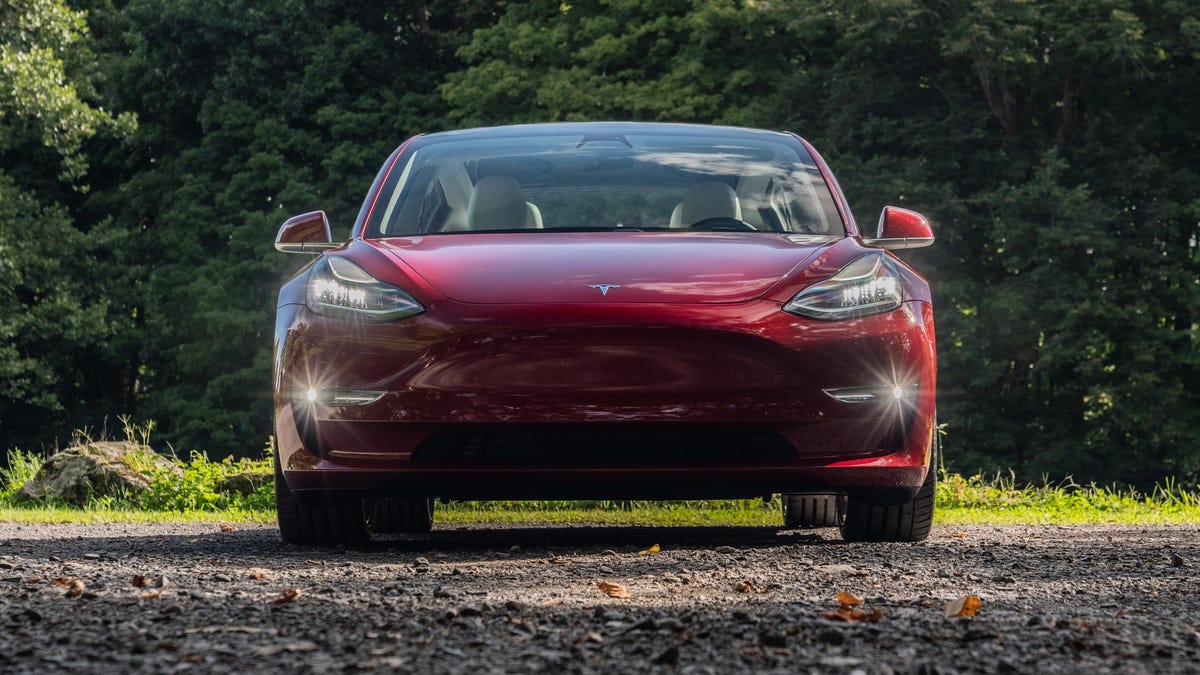EV incentives may be fading for some, but one senator wants to bring them back
Sen. Dean Heller's proposal would replace the current incentive's cap with a firm end date.

Even within the same political party, US legislators have different approaches for the future of the current EV tax-incentive system.
Sen. Dean Heller, a Republican from Nevada, has proposed legislation that would eliminate the current sales-based cap on electric-vehicle tax incentives and replace it with a different scheme, Reuters reports, citing a heretofore unseen copy of the bill.
The current system allows for automakers to offer $7,500 in tax incentives for the first 200,000 electric vehicles it sells. After that milestone is reached, the credit reduces by half for two quarters, then it's halved again for another two quarters before being eliminated entirely. Sen. Heller's proposal would ditch that sales cap and allow for unlimited $7,500 incentives through 2022, when the program would end.
Volkswagen's EV onslaught won't happen for a few more years, so a 2022 cutoff date for incentives would hit it harder than automakers that are already pushing out EVs.
The two companies this would affect the most are General Motors and Tesla . Tesla announced on its website last week that all orders placed by Oct. 15 would be guaranteed for delivery by the end of the year, thereby making them eligible for the full $7,500 credit. Vehicles delivered between Jan. 1 and June 30, 2019 will only be eligible for $3,750 in incentives, and that number drops to $1,875 from July 1 until the end of 2019. After that? Bupkis -- under the current system, at least. Reuters reports that GM believes it will hit the 200,000 sales cap later this year.
While Sen. Heller believes this is the way forward, at least one of his fellow Republican senators has a wildly different idea. Sen. John A. Barrasso of Wyoming introduced legislation that would kill the EV tax incentive entirely and replace it with an additional tax for electric vehicles. Sen. Barrasso's reasoning is that EVs don't have to pay taxes on gas, which are used to fund road improvement projects, and since EVs share the same roads, they should contribute to those improvements also.
On the other side of the aisle, Reuters reports that seven Democratic senators introduced a bill that wouldn't just lift the sales cap on EV tax credits, it would extend it for an entire decade. In addition, the incentive could also be used as a "point of sale rebate." Currently, the EV incentive is a dollar-for-dollar reduction in an owner's federal tax liability, so if a taxpayer buys an EV but doesn't pay $7,500 in taxes that year, they won't realize the full benefit.
Update, 1:44 p.m. Eastern: Clarified language about Tesla's EV incentive sundown.
Volkswagen I.D. Buzz: This electric microbus hits the road in 2022, but we drove it well ahead of that.
Tesla Model 3 Performance: See what a little extra juice does to Tesla's smallest car to date.

